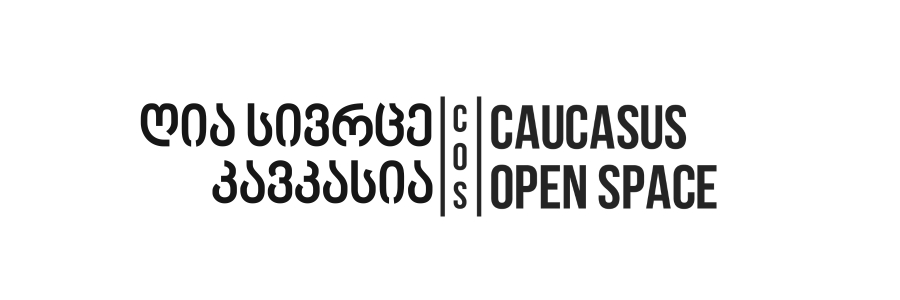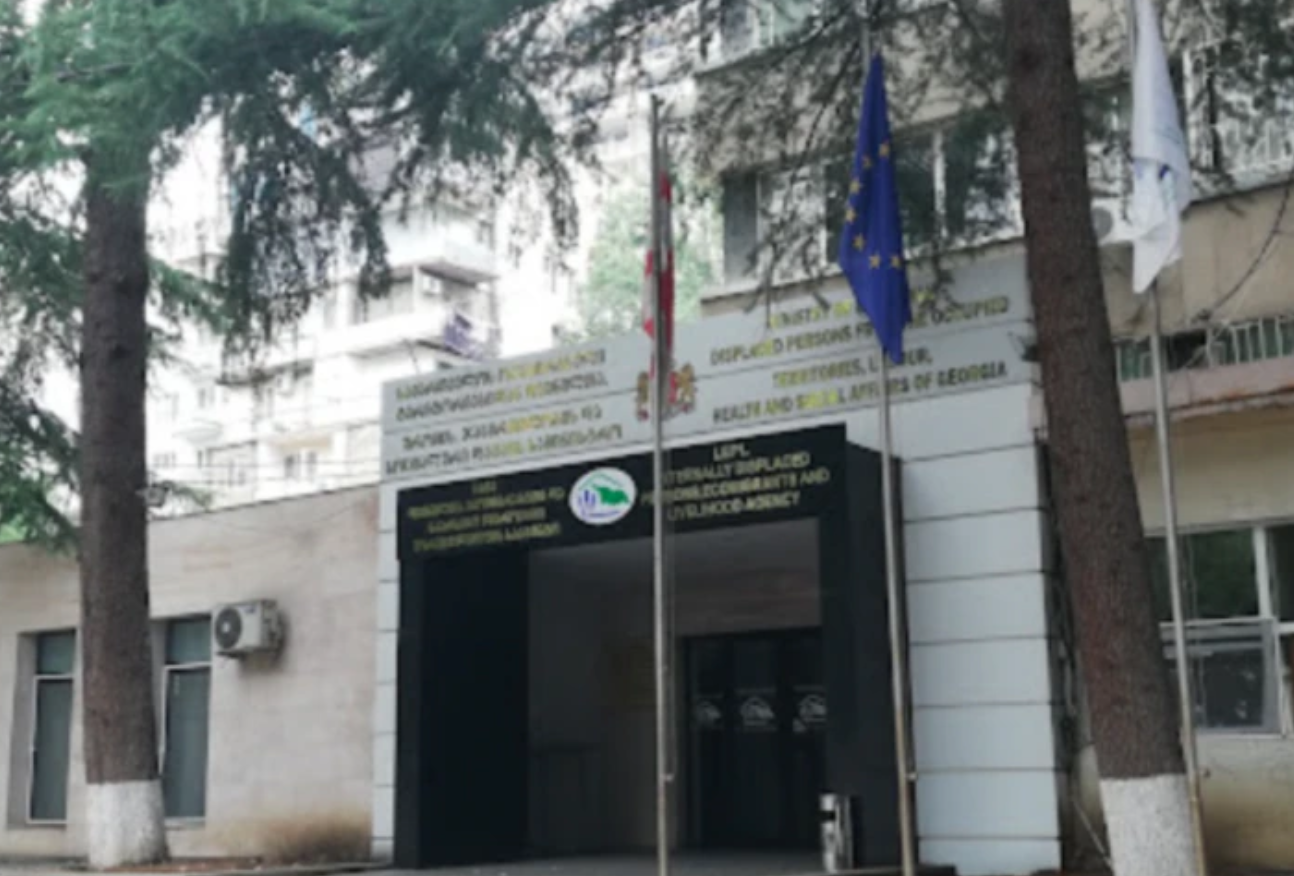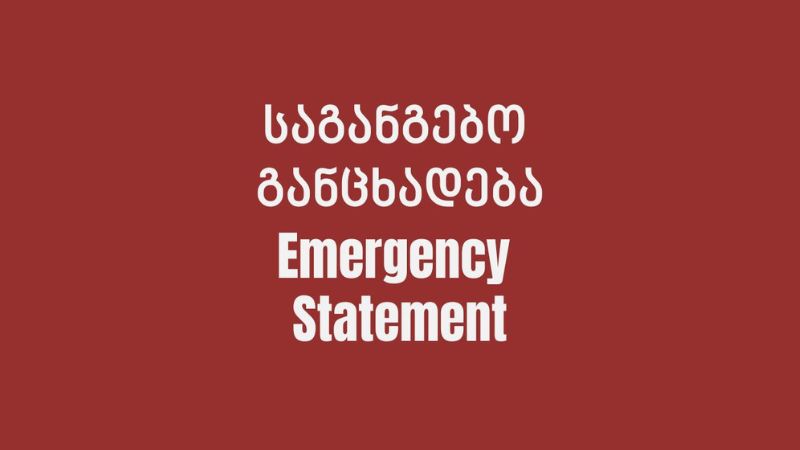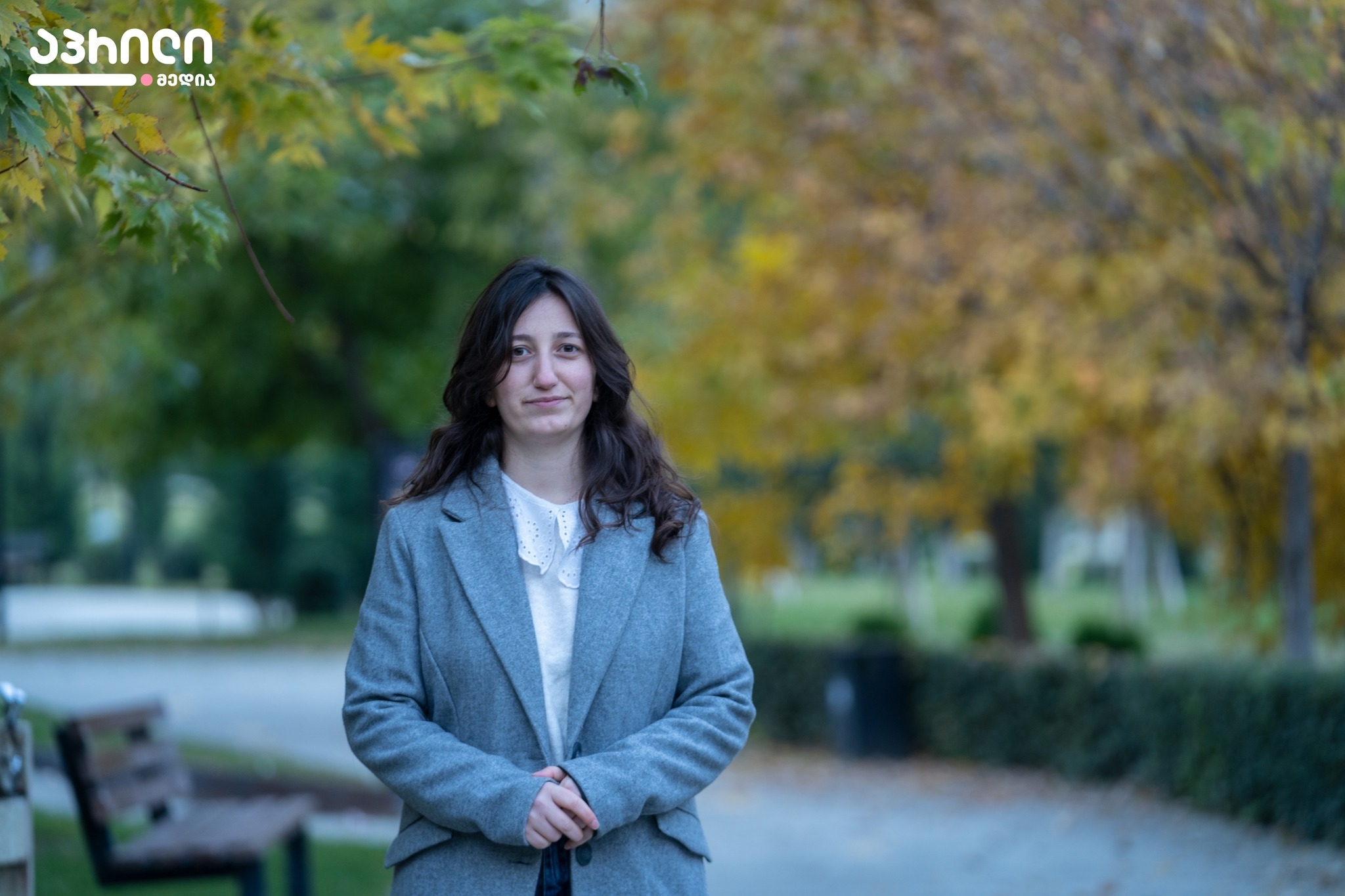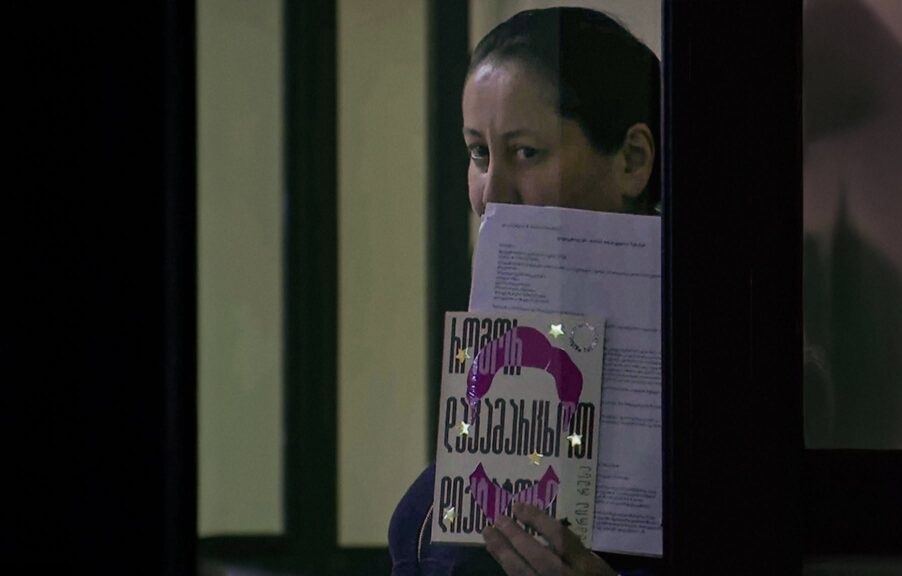On October 18, 2024, in Tbilisi, the Deutsche Welle Akademie, in collaboration with its partners, the Center for Media, Information, and Social Research (CMIS) and Open Space Caucasus (COS), presented two studies as part of the project Quality Media and Conscious Media Consumption for Resilient Society – ConMeCo.
Caucasus Open Space (COS) presented preliminary results of the research, evaluating Electoral Environment of the 2024 Parliamentary Elections. The research includes analysis of the legislative-electoral environment, and obstacles to ensuring free, fair, and competitive elections. Preliminary findings include:
– Signs of alleged economic violence, citizens expressing concerns about pressure and intimidation (including, about potential loss of social vulnerability support, student status, housing, employment in state-funded institutions and more).
– Deterioration of the operating environment of the election observer organizations and media, including higher staff turnover and difficulties in staffing observer missions, due to among others, threats at the local levels from unidentified groups.
– Widespread fear and misinformation, negatively affecting the environment for political parties; changed rules of coalition formation, cancellation of gender quotas affecting competitiveness of the electoral environment.
– Attack on the human rights and equality, hate speech directed against LGBTQI+ community, propaganda related to war and others.
– Voters’ ability to exercise their electoral rights is hindered by harmful public sentiment, a lack of understanding, and limited awareness about electronic voting methods. Additionally, the insufficient number of polling districts abroad presents a significant challenge, making it difficult for a large portion of immigrants to participate in the elections due to long distances from voting locations.
– Voters’ ability to exercise their electoral rights is hindered by harmful public sentiment, a lack of understanding, and limited awareness about electronic voting methods. Additionally, the insufficient number of polling districts abroad presents a significant challenge, making it difficult for a large portion of immigrants to participate in the elections due to long distances from voting locations
The final study will be published after the election day, with added election day evaluation.
